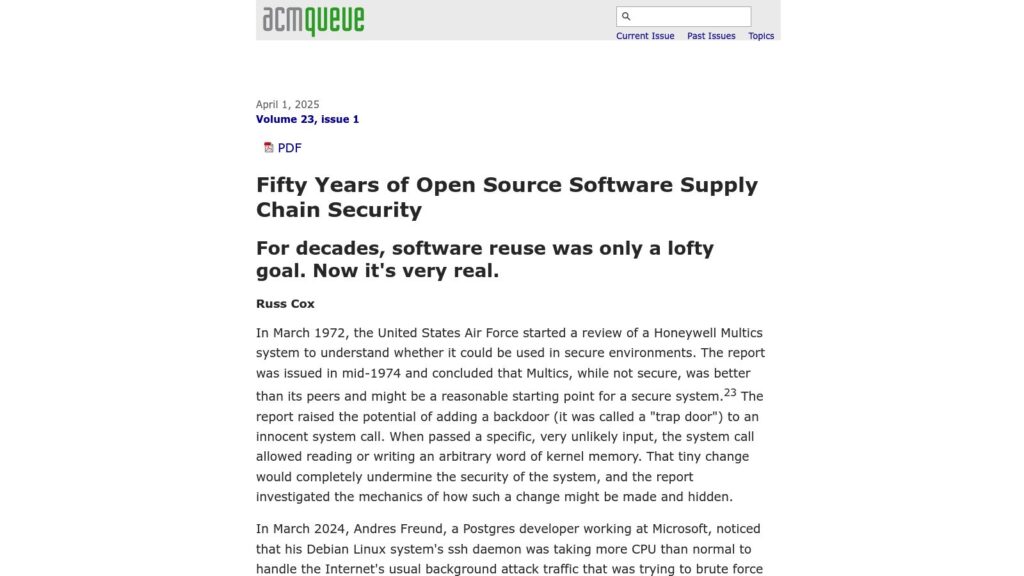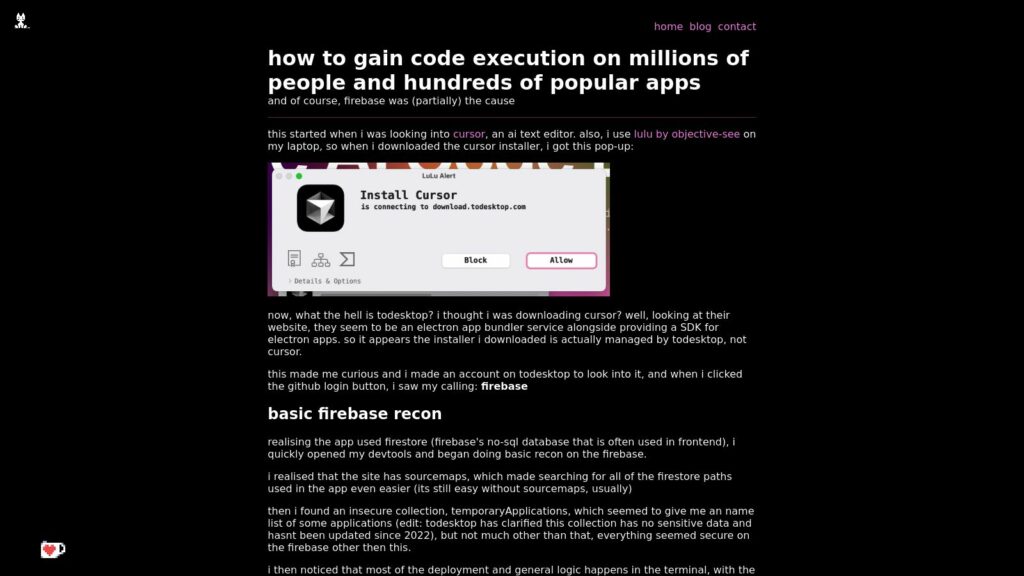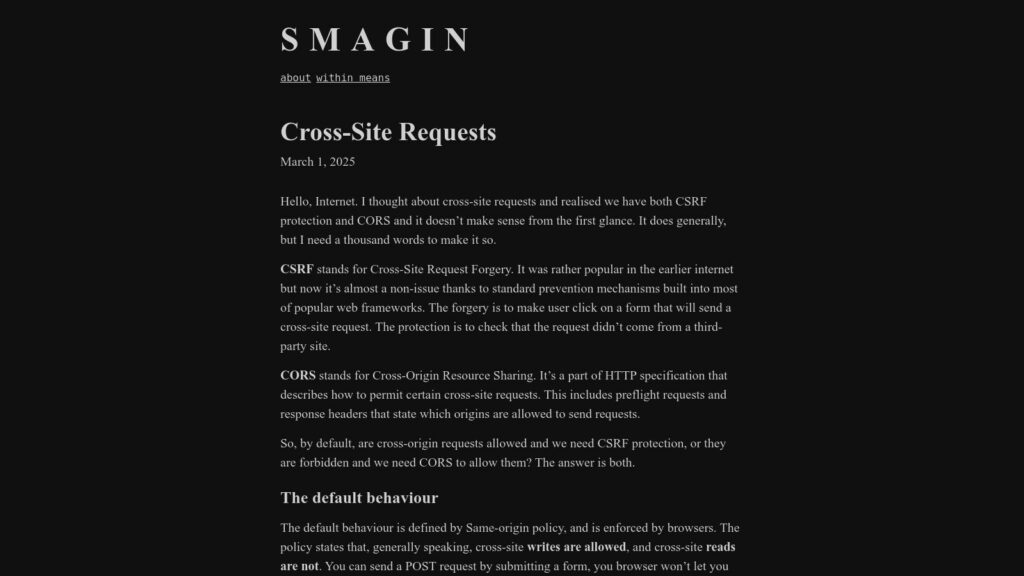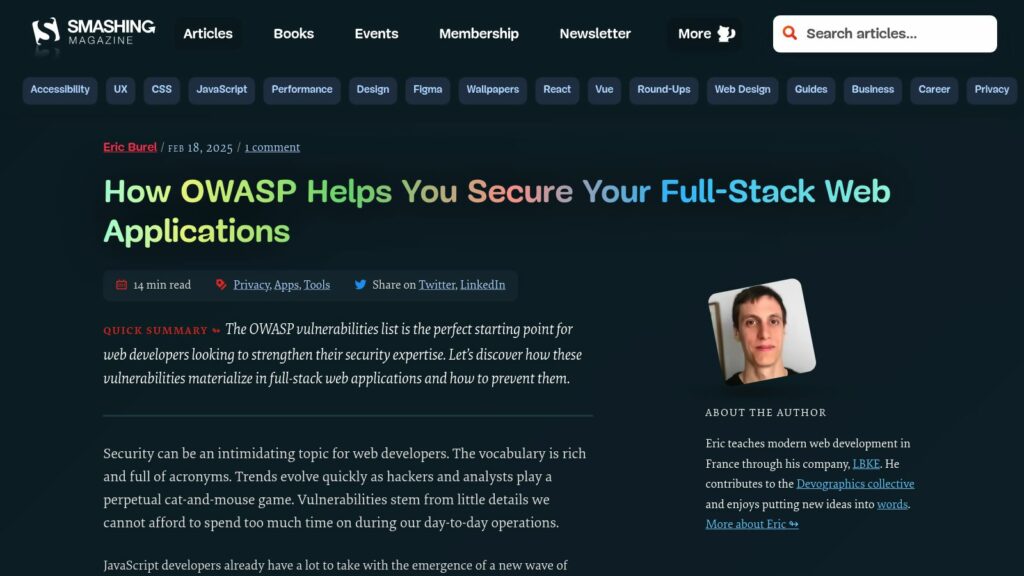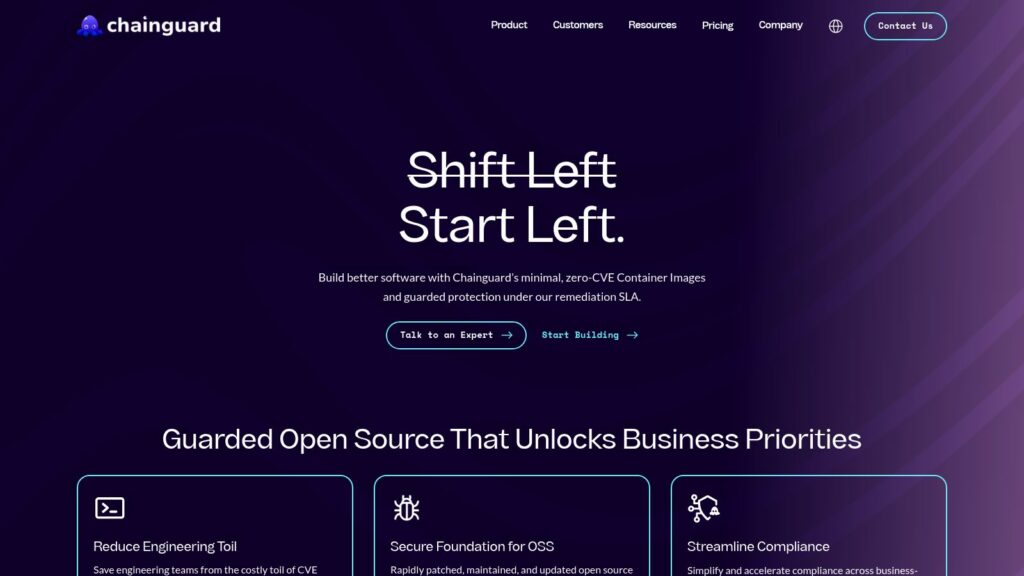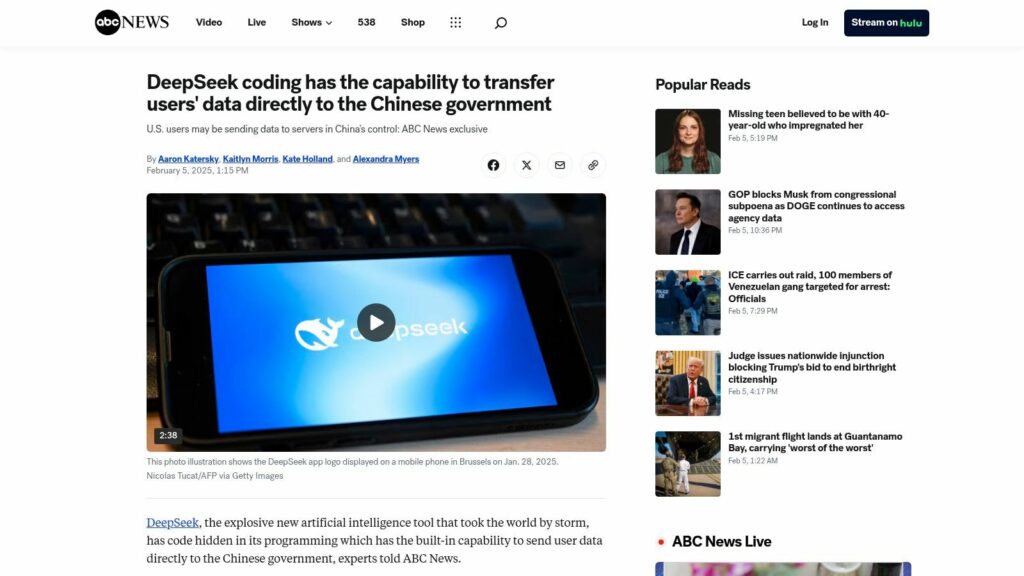Fifty Years of Open Source Software Supply Chain Security
50 Years of Open Source Software Security: Explores the historical challenges in software supply chain security, illustrating via incidents like the 1974 Multics report and the recent xz attack on Debian. It defines open source software supply chain attacks and vulnerabilities, emphasizing the necessity for improved defenses. Key solutions include understanding supply chains, authenticating software with cryptographic signatures, making builds reproducible, quickly identifying and fixing vulnerabilities, and funding open-source projects. The essay stresses the ongoing evolution in software reuse practices and highlights that without proper investments and security measures, risks persist in the open-source ecosystem.

